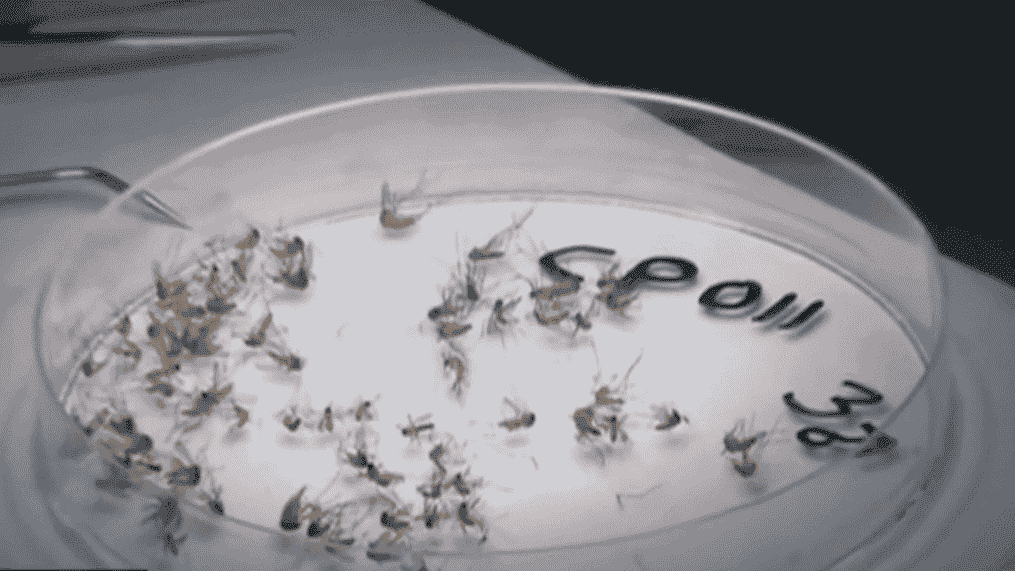A northern Utah resident has died as a result of the West Nile virus, marking the state’s first fatal case of the virus this year, state health officials said Wednesday. The development comes just a day after state agriculture officials reported that abatement teams have come across a record number of mosquito pools that possess the virus.
The person who died from the West Nile Virus is from the Weber-Morgan area, KSL.com reported.
According to the Utah Department of Health, in all, 11 people within the Davis, Salt Lake, and Weber-Morgan health districts have tested positive for West Nile virus this year. The state averages about a dozen cases every year. The virus is most often spreads by mosquito bites.
Earlier this week, Utah Department of Agriculture and Food officials said that the West Nile virus has also been found in nine horses and seven birds. Seven of the affected horses were in Weber County, while one horse in Box Elder County and another in Salt Lake County also tested positive.
The Utah Department of Health’s report on the week ending Aug. 28 said that 506 of the more than 5,000 mosquito pools analyzed this year have come back with mosquitoes containing the virus. More than half — 281 in total — of the pools have been located within Davis County while another 192 mosquito pools have been found within Salt Lake County.
The other mosquito pools were reported in Box Elder, Cache, Summit, Tooele, and Weber counties.

Most people bitten by a positive mosquito will not notice any symptoms. However, it can lead to severe illnesses and even death.
The health department recommends using long-sleeved shirts, long pants, and socks when outdoors to prevent getting infected. Using insect repellent with 20% to 30% DEET is also a good practice but make sure it is not applied for children younger than two months old. When you have outdoor activities, make sure it is not from dusk to dawn, as these are the peak hours for mosquitoes. Puddles of water or standing water in and around your home should be disposed of as these are where mosquitoes will lay eggs.


